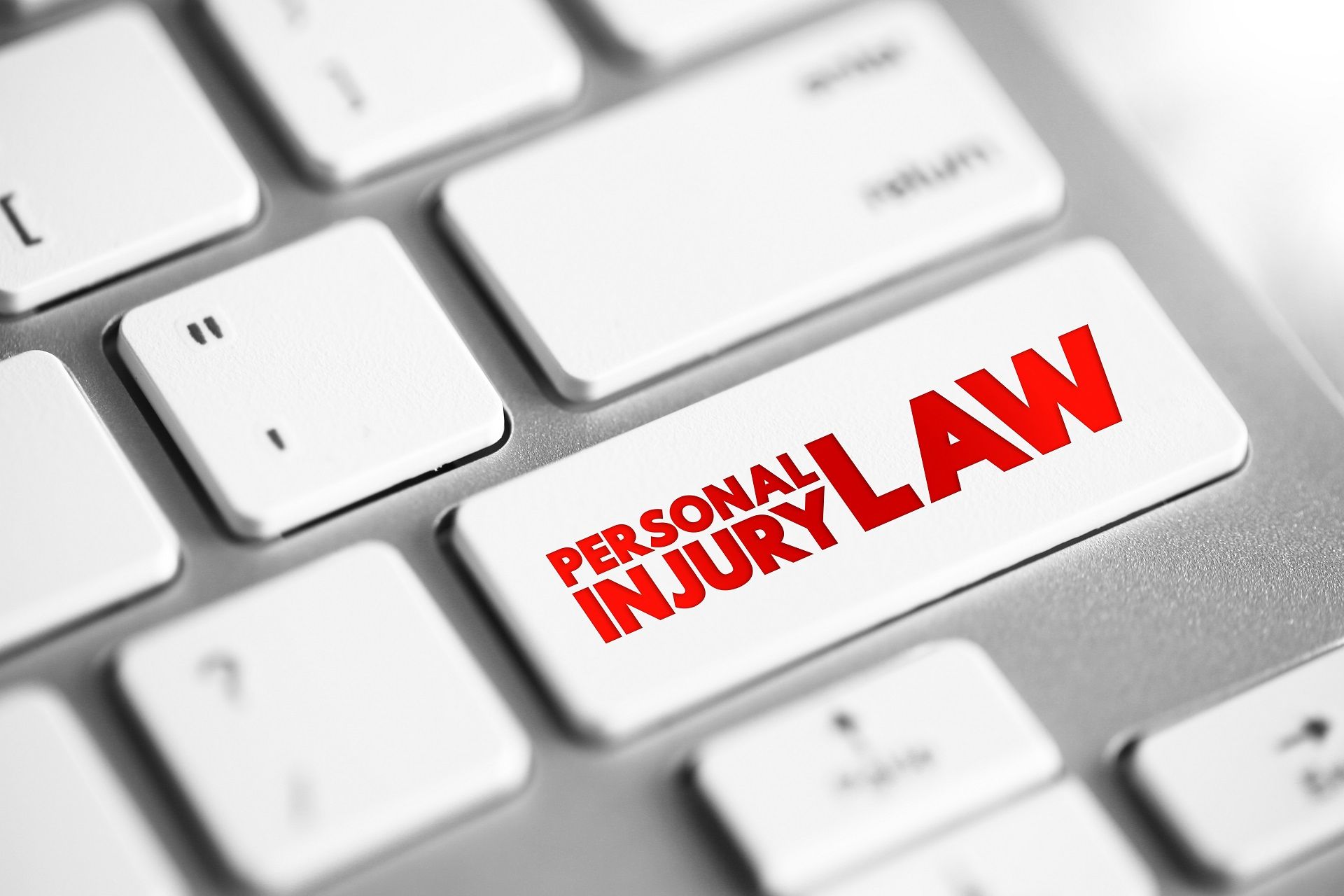Earning Capacity Assessments And Their Impact On Your Injury Case

Consequences of a personal injury can be life-changing, but they don’t solely only extend to physical and mental. In fact, quite often, personal injury results in a drastic shift in the plaintiff's financial security.
For example, for those who suffered injuries that prevent them from working the same job or may do so with adjustments, it’s possible to recover compensation for loss of earning capacity.
Figuring out the amount of compensation you can recover is tough to establish as it requires a close evaluation of your earnings, job prospects, and the overall labor market. As such, attorneys retain vocational experts who have the knowledge and experience to perform
earning capacity assessments.
Keep reading to learn more about the
loss of earning capacity and how earning capacity assessments can benefit your case.
Loss Of Earning Capacity Defined
Earning capacity is the amount of money you are capable of earning in the future. Losing this capacity due to an injury or illness makes you unable to earn the amount of money you would have been capable of earning if the accident and the injury never occurred.
This commonly occurs when an injured individual is unable to return to their job after the injury. If they’re capable of finding employment, they may be forced to work a different job that pays significantly less than their old one.
Although the value of the lost earning capacity is generally substantial for most injury victims, the claims initiated by those unable to work entirely are likely to be more valuable than those of individuals who still possess some work capacity.
Is Loss Of Income The Same As Loss Of Earning Capacity?
In short, no. Lost income is compensation for wages you lost because of the injury, while loss of earning capacity pertains to income you’ll be unable to earn in the future.
Calculating the lost wages is relatively straightforward and your attorney can do it using just the data available. On the other hand, loss of earning capacity requires expert earning capacity assessments because they rely on projections derived from not only your work history but also the current job market.
What Is An Earning Capacity Assessment?
An earning capacity assessment is an evaluation of an individual’s ability to earn wages before and after an injury. The main point here is the ability, which is hard to measure without a strict methodology employed by a vocational expert.
However, earning capacity assessments provide an accurate evaluation regarding the lost wages and diminished future earning capacity that occurred due to the injury at the crux of the litigation.
Generally, working history alone is not presumptive of the earning capacity prior to the event, which is why it’s necessary to evaluate other factors that establish a more precise assessment of the baseline earning capacity.
In addition to personal injury, earning capacity evaluations are repeatedly employed in cases where employability is an important consideration. This includes labor and family law, domestic relations, and
divorce cases where the working capacity of spouses is called into question.
Similarly, they can also be super useful in wrongful death cases because the surviving family can suffer financial harm if the decedent was the primary earner. Although financial experts are frequently hired, considering what we said earlier about earning and work history not being presumptive of realistic earning capacity, vocational experts can perform a more exact assessment of the economic damage.
What Information Is Required To Assess The Loss Of Earning Capacity?
To assess how much future earnings an individual lost due to an injury, the vocational expert will use various sources of evidence to calculate the amount of the loss of earning capacity. This may include:
- Education and work history, including any certifications or licenses you obtained during your career
- Earning history and your earnings at the time of the injury
- Analysis of the labor market, which consists of the vocational expert assessing the average wages in your particular occupation and using relevant labor market surveys
If you still have work capacity but must shift to a different occupation or take a lower-paying job, the vocational expert will calculate the difference between your post-injury earning capacity and the earnings you would have earned had you not suffered the injury.
Are Labor Market Surveys Accurate?
It’s natural to doubt the process but vocational experts use a standardized methodology such as employer sampling to perform clear-cut labor market surveys. For instance, the expert may sample their data by contacting relevant employers who will provide an average of wages they offer in their company.
In addition, it’s also necessary to supplant this info with labor market research conducted by reviewing empirical data. It focuses on formal wage surveys performed by state or federal agencies and evaluating other sources of data that pertain to market trends, hiring practices, and earnings.
Combined with other evidence like work and education history, along with the vocational expert’s own experience, this analysis provides the most accurate information of the plaintiff’s full earning capacity.
Will You Receive Compensation For Loss Of Earning Capacity?
Chances are, you will. Loss of earning capacity doesn’t fall into the category of special damages, rather, it’s lumped with general losses. As such, you’re not required to prove this loss to a reasonable degree of certainty, which is often the case with other forms of special damages like pain and suffering.
In other words, it’s the jury’s or the judge’s discretion to award you a reasonable amount supported by the evidence.
This is good news because in the context of a personal injury case, earning capacity assessments provided by a certified vocational expert are considered legitimate evidence.
Take The Right Steps
Earning capacity assessments can introduce more value into your personal injury case and lead to a more substantial monetary reward. Taking into account you will require each penny to focus on recovery and rebuilding your life after a catastrophic event, having a vocational expert on board is critical to your future quality of life.
Your attorney most likely has a working relationship with a few vocational experts already, but you also have the choice in the matter. So, feel free to recommend
OAS if you want someone on your case with the highest level of experience in the industry.
We helped many plaintiffs around the United States reach greater monetary rewards in their cases, and we can do the same for you.
Simply fill out
our contact form or call
800-292-1919 to get the best vocational experts money can buy.
Note:
The information in this blog post is for reference only and not legal advice. As such, you should not make legal decisions based on the information in this blog post. Moreover, there is no lawyer-client relationship resulting from this blog post, nor should any such relationship be implied. If you need legal counsel, please consult a lawyer licensed to practice in your jurisdiction.
RECENT POSTS
CONTACT US
We will get back to you as soon as possible.
Please try again later.
Evaluation Request
Contact Us
We will get back to you as soon as possible.
Please try again later.
Contact
Contact Us
We will get back to you as soon as possible.
Please try again later.
All Rights Reserved.
This website is managed by Oamii.







